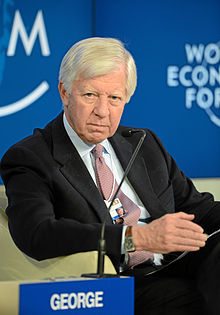Here Today, Gone Tomorrow: Why Workplace Ghosting Is on the Rise
by Peter Cappelli and Jay Finkelman
What was once a funny work of fiction is becoming an increasingly common reality as more employers report being “ghosted” by job applicants and employees who simply disappear without a trace. In fact, the Federal Reserve Bank of Chicago cited an uptick in ghosting in its December economic activity report, and an array of media outlets — including The Washington Post, Inc. and Business Insider — have been publishing stories recently about the pitfalls of the practice.
“Candidates agree to job interviews and fail to show up, never saying more,” Chip Cutter, a reporter for The Wall Street Journal, wrote in a June article for LinkedIn that garnered more than 5,000 comments. “Some accept jobs, only to not appear for the first day of work, no reason given, of course. Instead of formally quitting, enduring a potentially awkward conversation with a manager, some employees leave and never return. Bosses realize they’ve quit only after a series of unsuccessful attempts to reach them.”
Cappelli and Jay Finkelman, professor and chair of industrial-organizational business psychology at the Chicago School of Professional Psychology, spoke about ghosting on the Knowledge@Wharton radio show on Sirius XM.







